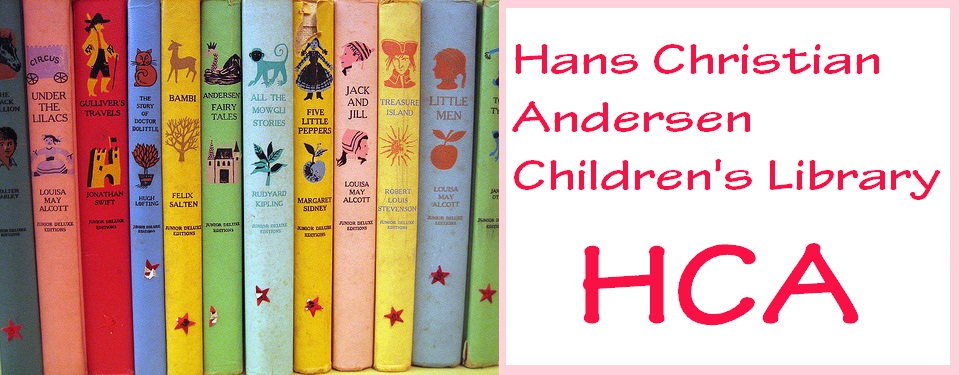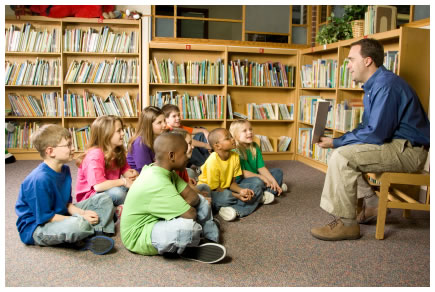Today the information is available in both physical materials and electronic version, so the process in retrieval has been changed. Electronic versions are more available and easier to use and access, especially because of the Internet. Today most users search the web as the first step, when they look for information. It is accessible everywhere. The electronic version include e-book, e-journal, online database, even videos and sounds and so on. As we know, the electronic information develop every day, so there is a serious requirement for the libraries and librarians to manage the information. In these huge changes of information, librarians are the main people in charge of the future of the libraries trend. Academic librarians should ask questions about social and academic exchange opportunities for discovering users' need to invent new scientific performance evaluation tools.
Because of the rapid development of information and communication technology (ICT) and the growth of digital information, librarians are responsible for providing access to information in any format, to assess existing sources of information, organization and structure of information to ensure the preservation of information and provide specialized work provide guidance and assistance in explaining the resources and access to resources.
Although librarians have learned the advanced search features and the subtleties of Boolean algebra, most users will type two or three words into Google’s query box and find that the simple search is ‘good enough’. Librarians have a virtual role in providing access to online subscription services. However, attempts to make access to such subscriptions seamless through integration with services such as Google Scholar mean that the user is often ignorant of the role of the librarian. There are still some users who make use of a librarian’s specialist skills, but few users get that far.
The role of librarians in managing the digital information can be summarized as having the knowledge and capability in organizing and providing digital knowledge and information resources. Librarians have to employ both print and digital resources to address research problems. Part of the job involves teaching students how to think critically about the information they find online in order to evaluate its credibility and reliability. In their new role as digital information experts, librarians are showing even experienced teachers how to better evaluate the reliability of the information they find online. The role of the librarian grew from a collector and preserver of information resources to a professional involved in very complex issues of organization. They acquire information resources relevant to their user population in whatever format is available and appropriate; they organize the information within the library collection; they provide a means for users to access that information; and they educate users in accessing and interpreting information resources.
This is very important for the libraries and librarians that provide users the correct and accurate information. It requires having knowledge, know-how, skills and attitude, So they are able to create, store, analyze, organize, retrieve and disseminate digital information.
The librarians must have expert in navigation, browsing and filtering the digital reference services and electronic information resources from variety of digital information sources. Librarian should have a skill to select and incorporate appropriate information sources to be acquired by users.
They also should have knowledge in multimedia search and indexing for providing sub-document indexing and stigmatization techniques. These skills will assist users to retrieve reliable information needs and avoid information overload.
They should have knowledge in data mining and discovery of knowledge from digital library to extract information needs of users. Librarians also are required to have comprehensive knowledge in search and retrieval co-ordination in retrieval engines and indexing structure, so they can create information queries, respect to the search system.
Librarian should create users awareness in assist them to retrieve the digital information, so users will get accurate and reliable information. There is a variety of information retrieval techniques including metadata searching, full text document searching and others. In knowing what can or cannot be retrieved from digital information sources, librarians should acts as an expert in the acquisition of digital information.
So librarians and libraries should play their roles in order to make sure that users can retrieve reliable and accurate information, when they seek for physical materials as well as digital information.
















